Wizards of the Coast has issued a new statement regarding the controversial Open Gaming License changes that recently leaked online, with fans being asked to participate in the creation of a new one. The current OGL protects creators who release Dungeons & Dragons 5th edition content, giving them a platform to sell homebrew content as part of a profit split with Wizards of the Coast.
A new version of the OGL was recently leaked, which caused an outroar from the community and content creators alike, as it gave Wizards of the Coast partial ownership over homebrew content, along with giving the company a bigger cut of any earnings made using the game’s content.
Wizards of the Coast rolled back the proposed OGL changes following a vocal online backlash. D&D executive producer Kyle Brink has released a statement on D&D Beyond, discussing the plans for the new OGL. According to Brink, the goal is to get the fans involved, as a proposed draft for the OGL will be released by January 20, and everyone will have a chance to give their feedback through surveys.
Related: Hidden Path’s Dungeons & Dragons project is still in development
D&D has been using a fan survey model for its playtesting material throughout the 5th edition era. New classes, species, and spells are released to fans first before they’re printed in a book. The next OGL is being treated the same way. Once the OGL is released, fans will have at least two weeks to submit their feedback, which will be incorporated into the next draft. Brink has confirmed that many of the concerns that content creators had will be addressed in the new OGL and that there are assurances regarding ownership and license fees.
The leaked OGL was highly damaging to the reputation of both Dungeons & Dragons and Wizards of the Coast, so it’s no surprise that drastic steps are being taken. The fan feedback approach has the potential to backfire, as it gives people a chance to vent their frustration at the video game creators. If feedback is perceived to have been ignored, then that could make the situation worse. Wizards of the Coast is extending an olive branch to those it has slighted, and fans can either take this opportunity to cling to bitterness or use it to change the game for the better.

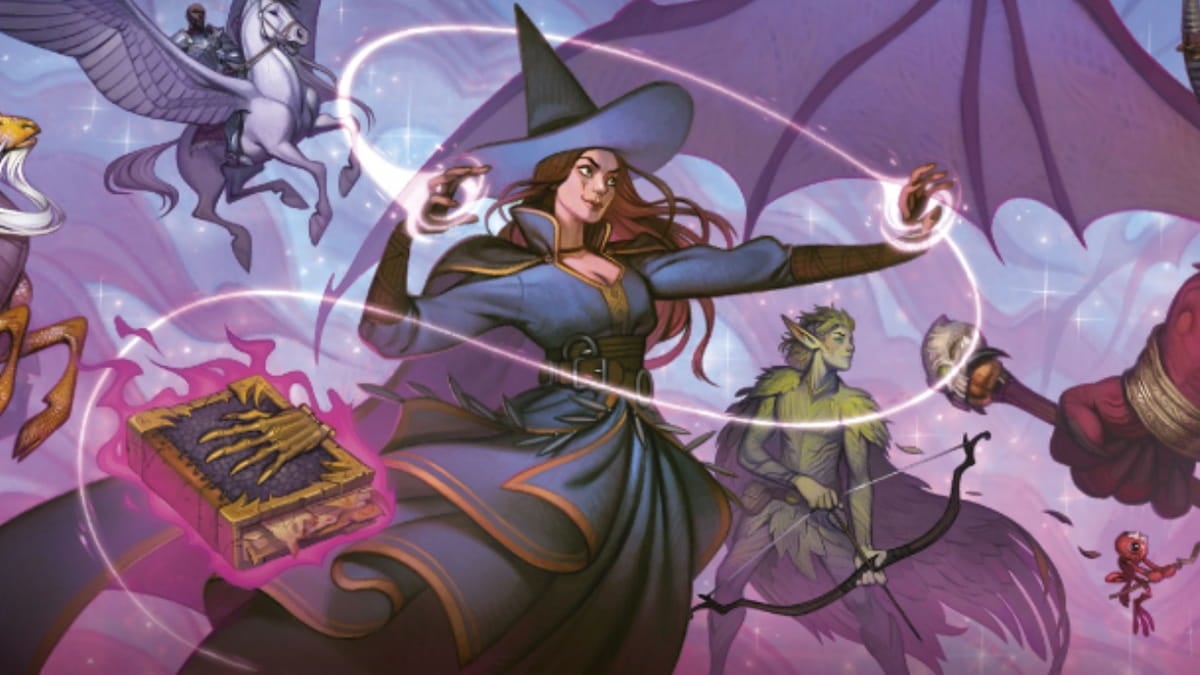

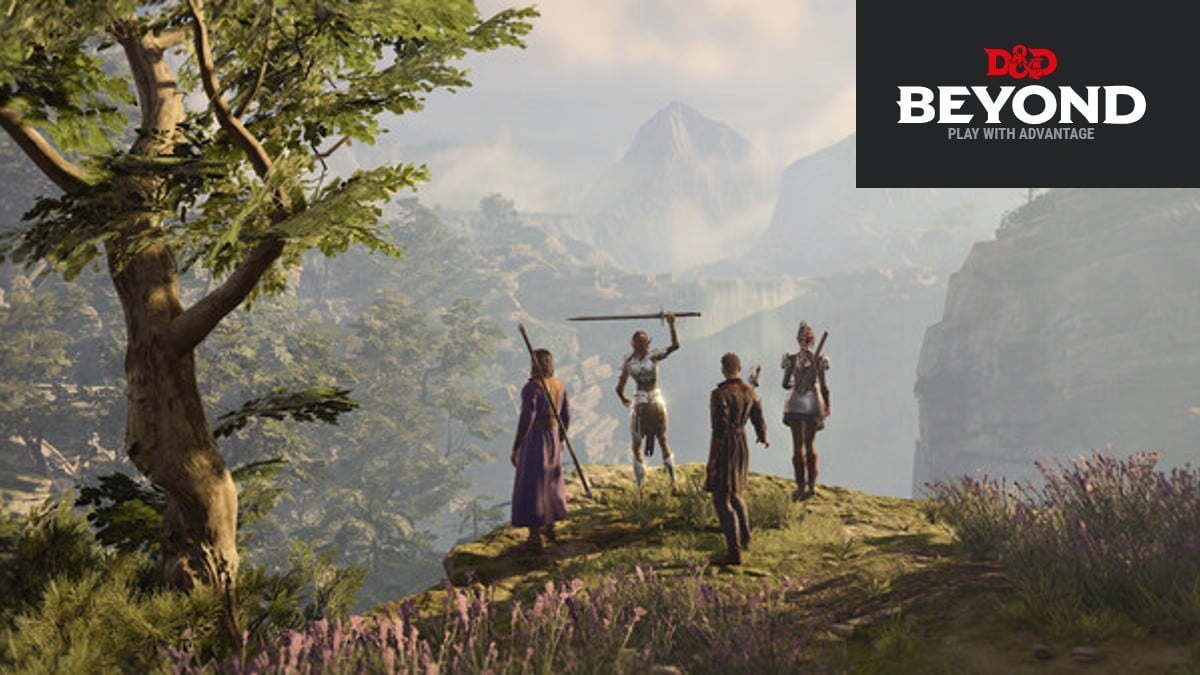
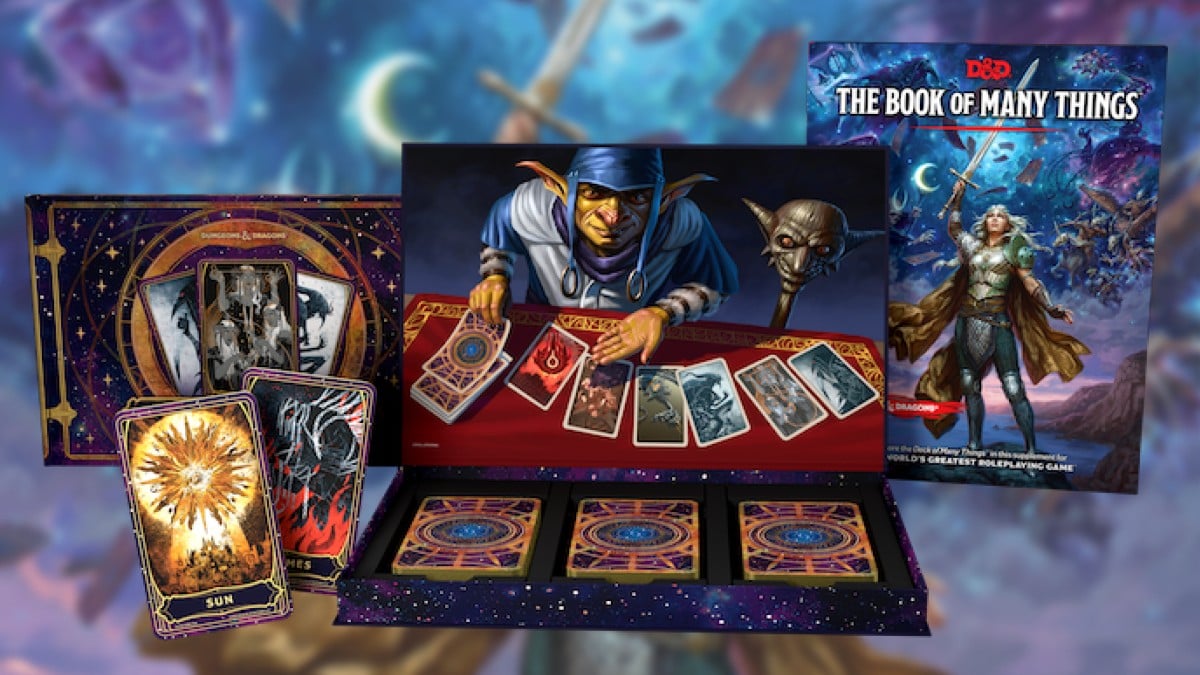
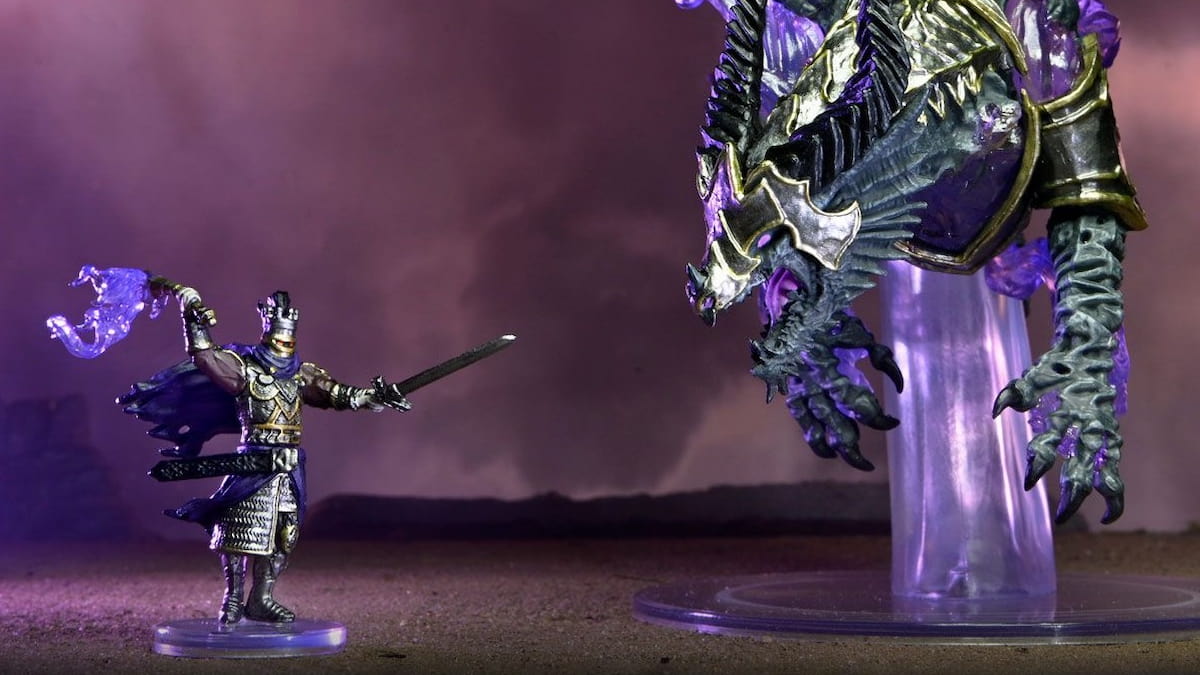
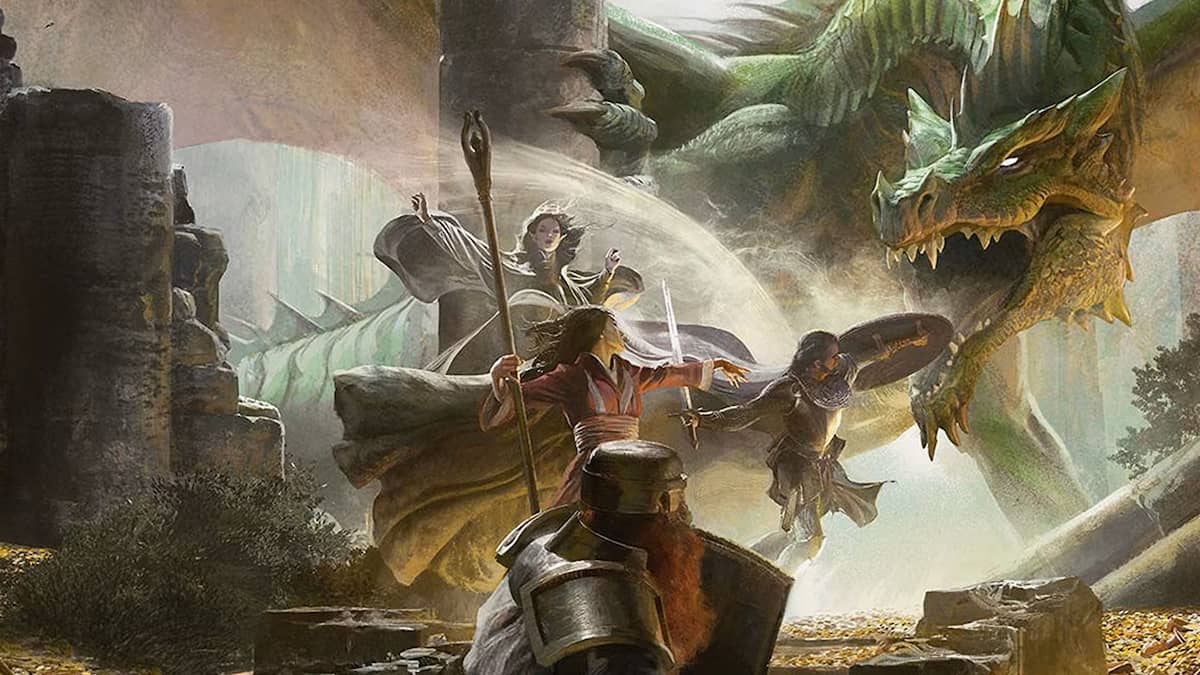
Published: Jan 19, 2023 06:41 am